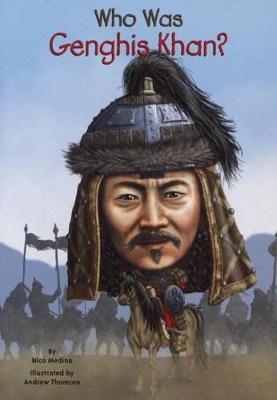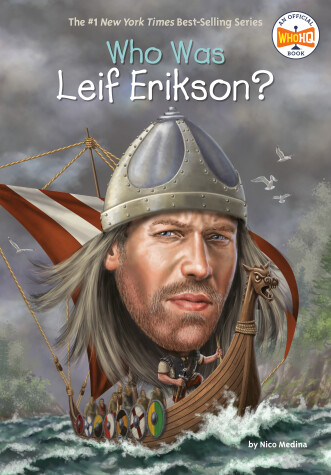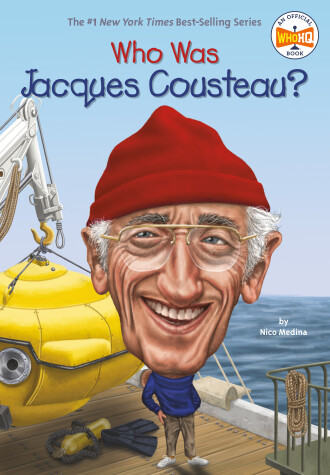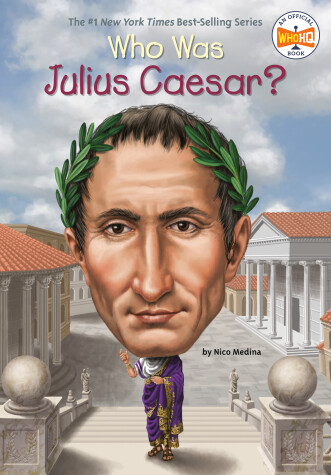Who Was...?
4 total works
Named Temujin at birth by his nomadic family in early Mongolia, the great Genghis Khan used his skill and cunning to create the Mongol Empire and conquer almost the entire continent of Asia. As ruler of the largest empire in human history, he was as respected as he was feared. Learn more about the man and the legend in Who Was Genghis Khan?
Leif Erikson was born to be an explorer. His father, Erik the Red, had established the first European settlement in present-day Greenland, and although he didn’t yet know it, Leif was destined to embark on an adventure of his own. The wise and striking Viking landed in the area known as Vinland almost five centuries before Christopher Columbus even set sail! “Leif the Lucky” and the other fierce, sea-fearing pirates were accomplished navigators who raided foreign lands for resources, hunted for their food, and passed down Old Norse myths from one generation to the next. This book gives readers a detailed account of what life was like during the time of the Vikings.
Jacques Cousteau is the most famous and beloved name in the world of deep-sea exploration. Cousteau discovered his passion in 1938, when he first used a pair of goggles to dive off the coast of France. During his time as a French naval officer, he carried out many deep-sea experiments and improved upon early diving equipment. Soon, Cousteau began filming his underwater excursions and offering the world a glimpse below the surface. The documentary television series The Undersea World of Jacques Cousteau made the man, his work, and his red cap famous throughout the world.
Born in Rome in 100 BC, he quickly climbed the ladder of Roman politics, making allies - and enemies - along the way. His victories in battle awarded him the support of the people, but flush with power, he named himself dictator for life. The good times, however, would not last much longer. On the Ides of March, Caesar was brutally assassinated by a group of senators determined to end his tyranny, bringing his reign to an end.



